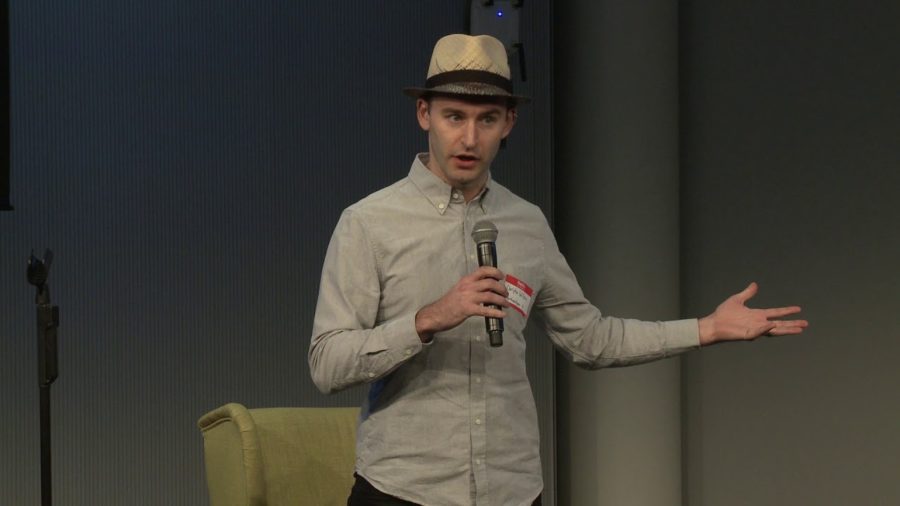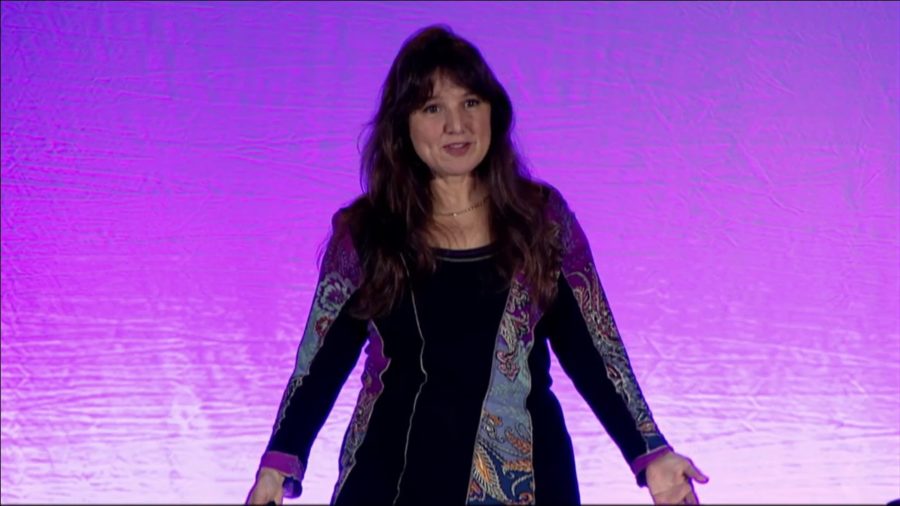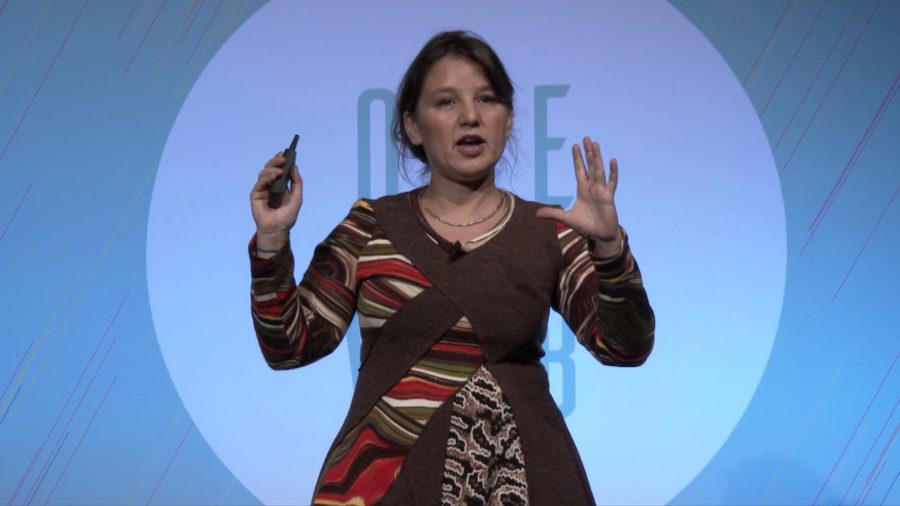I consider myself to be an algorithm auditor. So what does that mean? Well, I’m inherently a suspicious person. When I start interacting with a new service, or a new app, and it appears to be doing something dynamic, I immediately been begin to question what is going on inside the black box, right? What is powering these dynamics? And ultimately what is the impact of this?
Archive (Page 2 of 4)
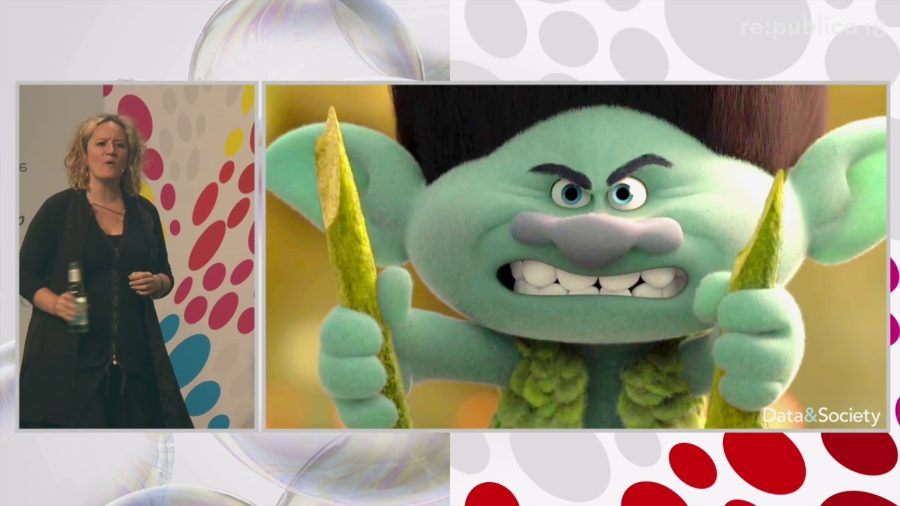
All they have to do is write to journalists and ask questions. And what they do is they ask a journalist a question and be like, “What’s going on with this thing?” And journalists, under pressure to find stories to report, go looking around. They immediately search something in Google. And that becomes the tool of exploitation.

I decided I wanted to do some accountability studies about algorithms in our lives. And it’s hard to study the newsfeed in a quantitative way, and I also wanted something with higher stakes. So I started with an algorithm that is used in the criminal justice system to predict whether a person is likely to commit a future crime.
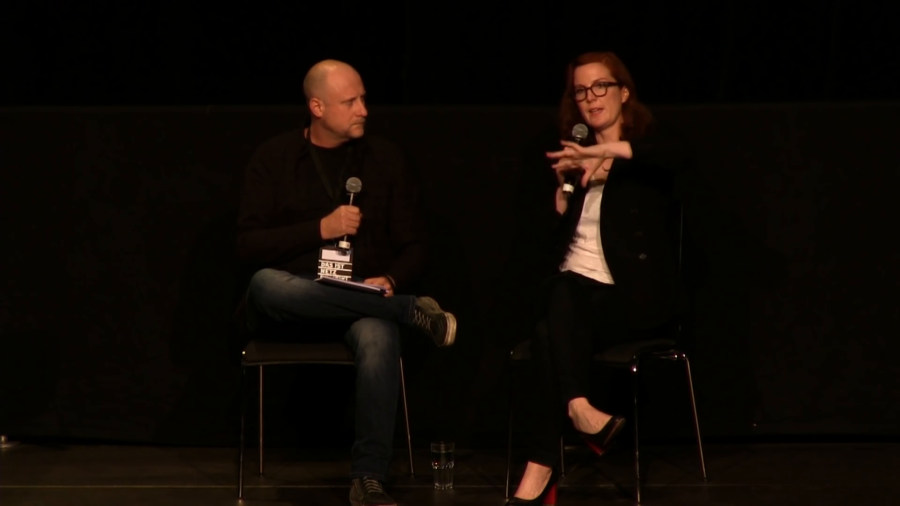
The big concerns that I have about artificial intelligence are really not about the Singularity, which frankly computer scientists say is…if it’s possible at all it’s hundreds of years away. I’m actually much more interested in the effects that we are seeing of AI now.
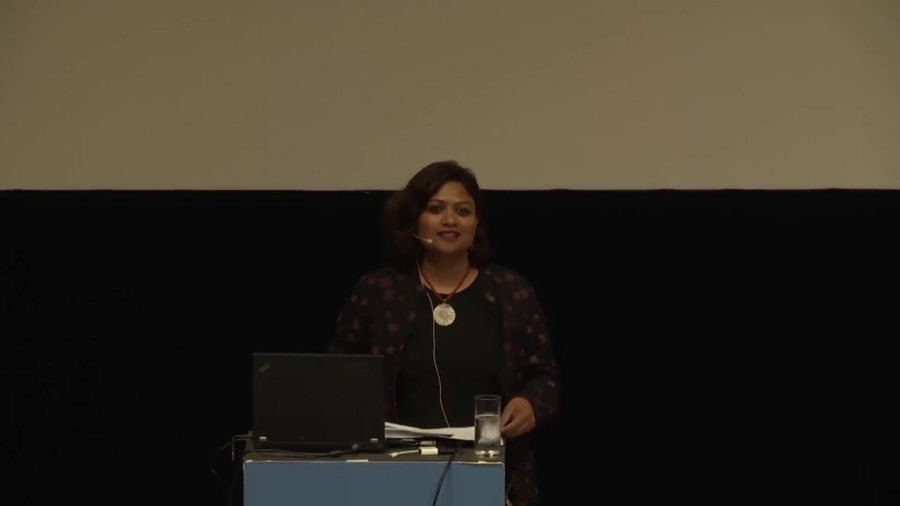
I’m interested in data and discrimination, in the things that have come to make us uniquely who we are, how we look, where we are from, our personal and demographic identities, what languages we speak. These things are effectively incomprehensible to machines. What is generally celebrated as human diversity and experience is transformed by machine reading into something absurd, something that marks us as different.
For any artists that are working in this field now, if I was good at painting I’d probably be looking at how to find styles that work well with these kind of representations and make them easily automatable or transferable so that if I had fans as an artist they could say, “Hey, I would like to have a picture of my cat painted.”
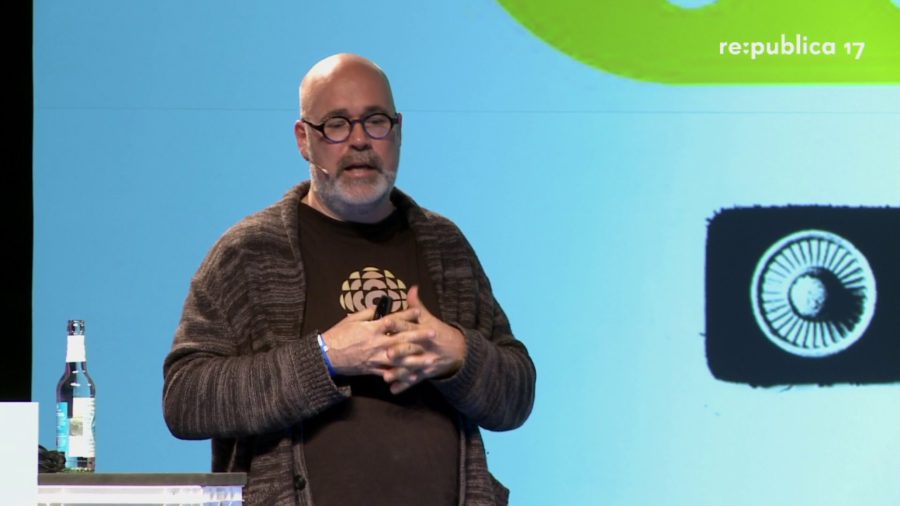
This is a moment to ask as we make the planet digital, as we totally envelop ourselves in the computing environment that we’ve been building for the last hundred years, what kind of digital planet do we want? Because we are at a point where there is no turning back, and getting to ethical decisions, values decisions, decisions about democracy, is not something we have talked about enough nor in a way that has had impact.

